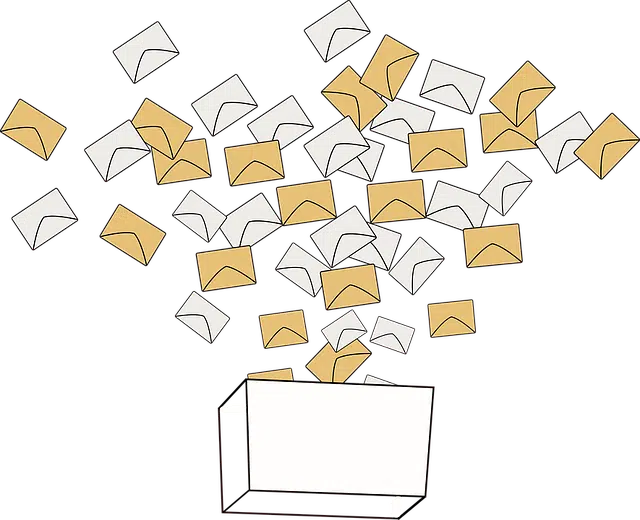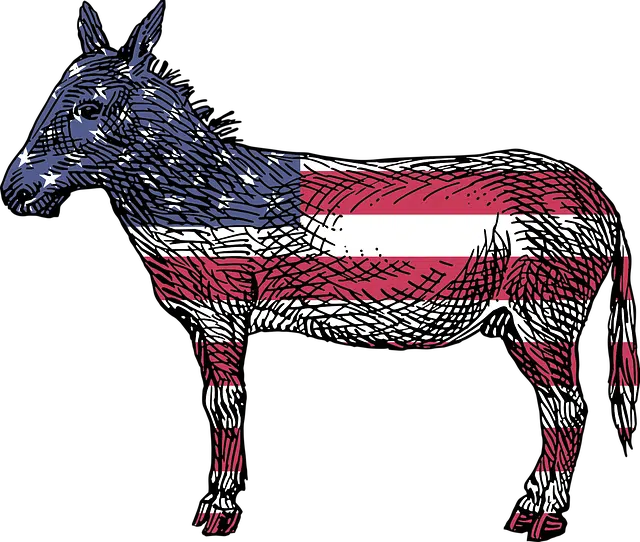
A democrat is an individual who defends and promotes democracy as a form of government.
Democrat is the supporter and defender of democracy . This last term, formed by the Greek words demos ( "people" ) and kratós ( "government" ), refers to a form of social organization where the ownership of power falls to all its members.
For example: "No one can doubt my democratic conviction" , "Dr. Peletti was a democrat who always fought for human rights and freedom" , "I can't stand those who present themselves as democrats and, in reality, have a soul of dictators" , "They may criticize us for many things, but no opponent will be able to say that we are not democrats" .
The democrat, therefore, opposes any form of government other than democracy. In times of dictatorships or de facto regimes , democrats are often persecuted for their ideals and their political struggle.
The Democratic Party
The Democratic Party , on the other hand, is one of the two major political parties in the United States . The country's former president, Barack Obama , is one of its members.
Democrats define themselves as liberal and progressive, although there are certain conservative tendencies in the organization . In any case, the Democratic Party is usually located to the political left compared to the Republican Party .
The origins of the party, whose symbol is a donkey, date back to 1824 , although the officialization of its name only came in 1844 . Among the most important figures in its history , Woodrow Wilson (1856-1924), Franklin Delano Roosevelt (1882-1945), Harry Truman (1884-1972), John F. Kennedy (1917-1963), Jimmy Carter (1924) stand out. ) and Bill Clinton (1946).

The Democratic Party of the United States has a donkey or donkey as its symbol.
The conservative branch
Conservatives are the group that is more likely to support tax cuts, reductions in public spending and market deregulation than the other members of their party.
It is possible to understand his name especially by observing his discretion and his ideas regarding issues such as equal marriage and abortion; For this reason, many people claim that on certain occasions conservative Democrats are very similar to Republicans.
The liberal democrats
This is the most center-left group, with a more liberal tendency regarding social issues and more statist regarding the economy. They seek high public spending and high taxes on company profits, as well as strong measures by the State on economic issues, through regulations.
As is the case in many other countries, the liberalism of the North American Democratic Party is in favor of freedom of expression , diversity, the right to health care and a salary that covers real needs.
The moderate sector and other factions
The term moderates refers to their lack of definition, since these democrats are at the midpoint of the two positions just explained. The measures they are trying to take represent a balance of liberal and conservative ideas.
The so-called new democrats, meanwhile, make up a more modern class than the previous three and are a contemporary interpretation of the moderate democrats. Its emergence was related to the Bill Clinton government . They constitute the right-wing faction of their party, although they disagree with certain cuts promoted by the Republican Party, considering that they harm those most in need.
Progressive Democrats
Its origins date back to the 1960s, when numerous leftist activist groups appeared in universities and other academic environments. They had their best moment when fighting peacefully against the Vietnam War.
After beginning its decline, some of its members tried to continue defending their ideas through the founding of small parties, but the majority moderated their way of thinking and joined the Democratic Party. They are characterized by opposing conservative economic policy, generally known as neoliberal.
